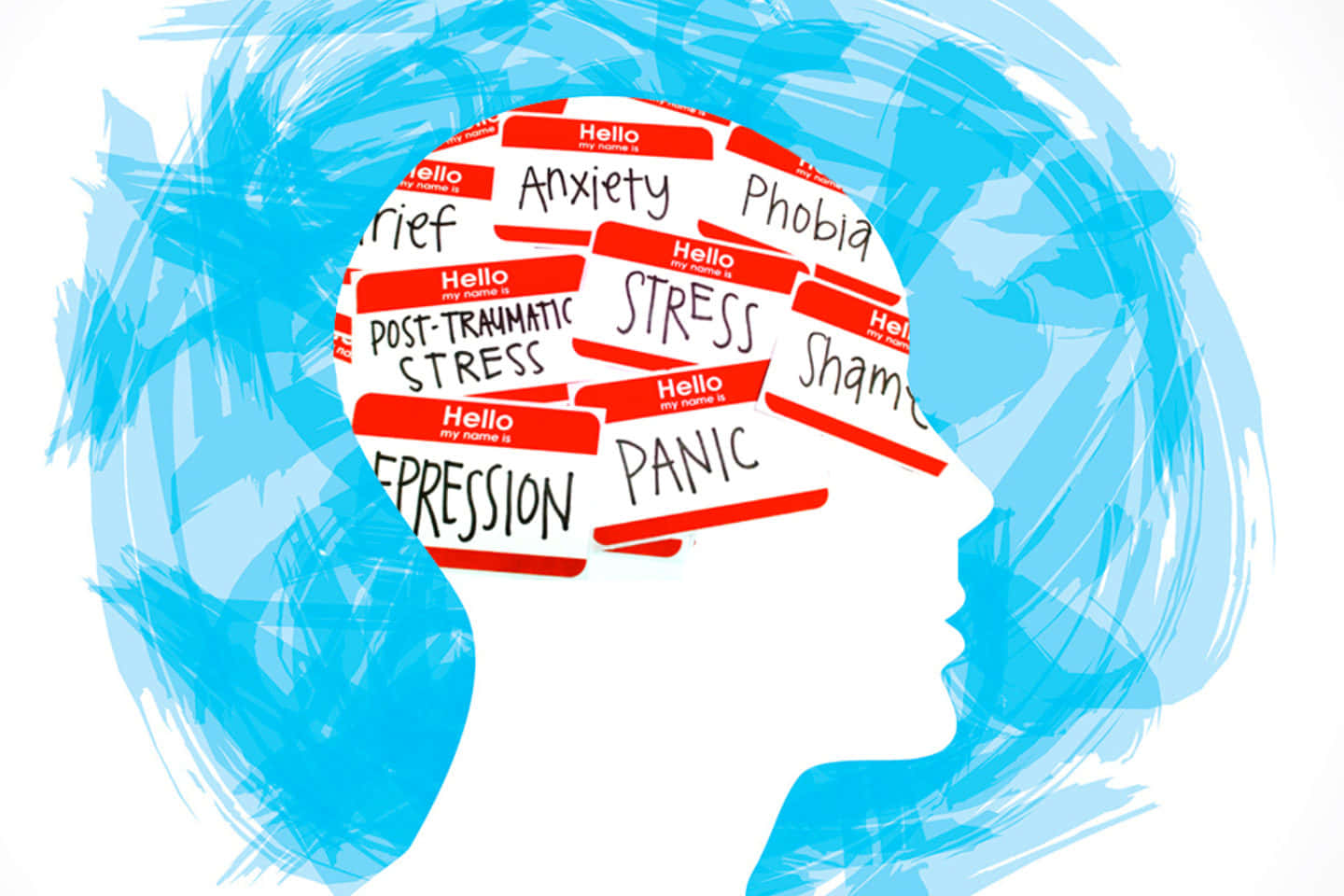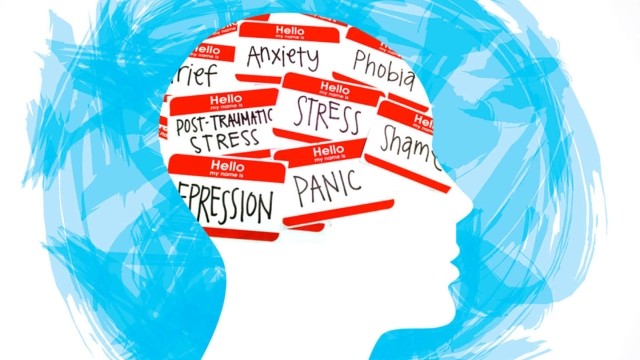
Mental health is a topic that touches each and every one of us, regardless of age, background, or status in life. It is an integral part of our overall well-being, yet often overlooked or misunderstood. The spectrum of mental health is vast and complex, encompassing a wide range of experiences and challenges that can affect our thoughts, emotions, and behaviors. Embracing this unseen aspect of our lives is crucial in fostering understanding, compassion, and support for those navigating their own mental health journeys.
Understanding Mental Health
Mental health is a vital aspect of our overall well-being. It encompasses our emotional, psychological, and social well-being, affecting how we think, feel, and act. Just like physical health, mental health is essential for leading a fulfilling life.
It is important to recognize that mental health exists on a spectrum. We all face challenges and struggles at different points in our lives, and it is normal to experience fluctuations in our mental well-being. However, when these challenges become persistent or overwhelming, seeking support and help is crucial.
Understanding mental health involves acknowledging that it is a multifaceted concept that varies from person to person. Factors such as genetics, life experiences, and societal influences can all play a role in shaping an individual’s mental health. By embracing this complexity, we can foster a more inclusive and compassionate approach to supporting mental health for all.
Challenges in Seeking Help
Recognizing the need for mental health support can be a daunting task due to the stigma still attached to mental health issues in many societies. Individuals may fear judgment or criticism from others if they open up about their struggles, leading them to suffer in silence.
Moreover, the lack of easily accessible and affordable mental health services poses a significant challenge for those seeking help. Long wait times, limited availability of therapists, and financial constraints can act as barriers preventing individuals from receiving the support they need.
Another common challenge faced when seeking help for mental health concerns is the internal reluctance to admit vulnerability and ask for assistance. Society often emphasizes self-reliance and strength, making it difficult for individuals to acknowledge when they are struggling and require external support.
Promoting Mental Wellness
When it comes to mental health, promoting wellness is crucial. Engaging in activities that bring joy and peace can have a profound impact on one’s overall well-being. Taking time to practice mindfulness, exercise regularly, and connect with loved ones can all contribute to a positive mental state.
Additionally, seeking professional help and guidance is essential for those struggling with mental health challenges. Therapists, counselors, and support groups offer valuable resources and tools to navigate through difficult times. Remember, it’s okay to ask for help and prioritize your mental health.
Mental Health Continuing Edcuation
Taking care of oneself mentally is an ongoing journey. It involves self-reflection, self-compassion, and a commitment to personal growth. By incorporating healthy habits into daily routines and being mindful of one’s emotional needs, individuals can foster a resilient mindset and promote mental wellness.



